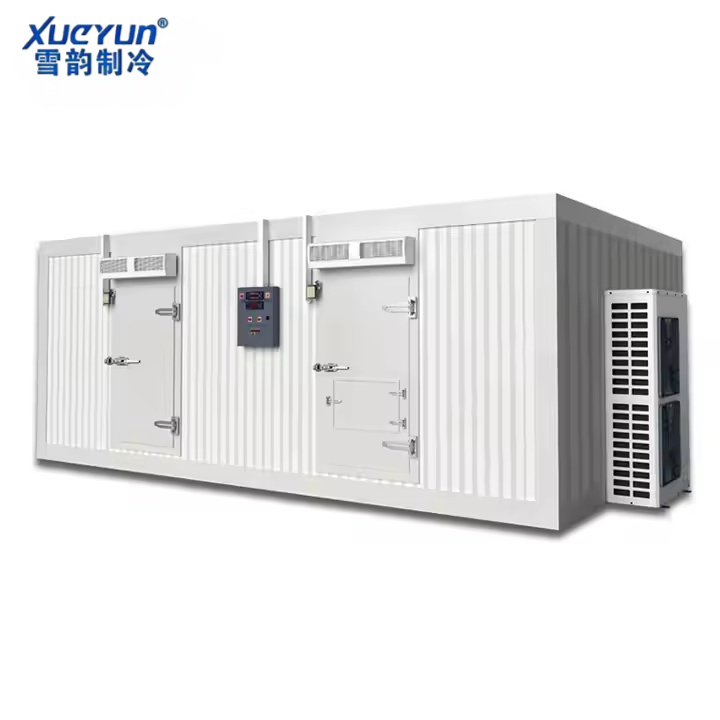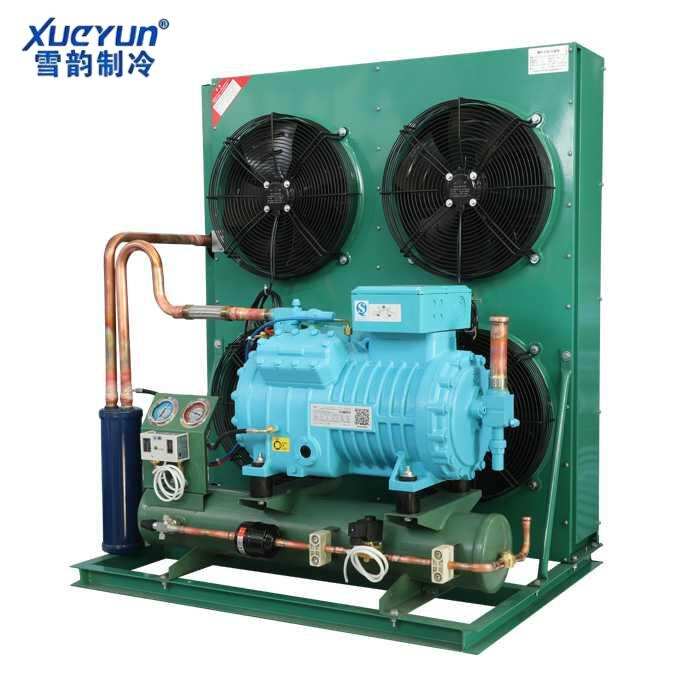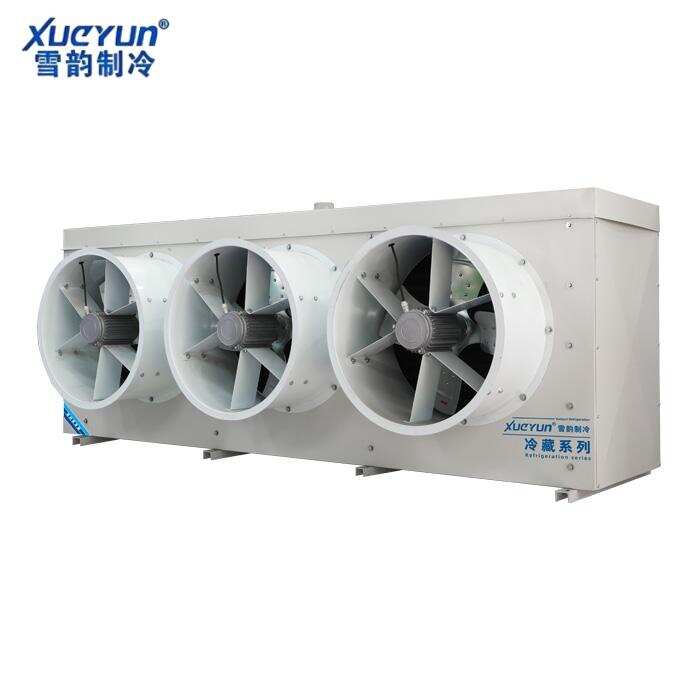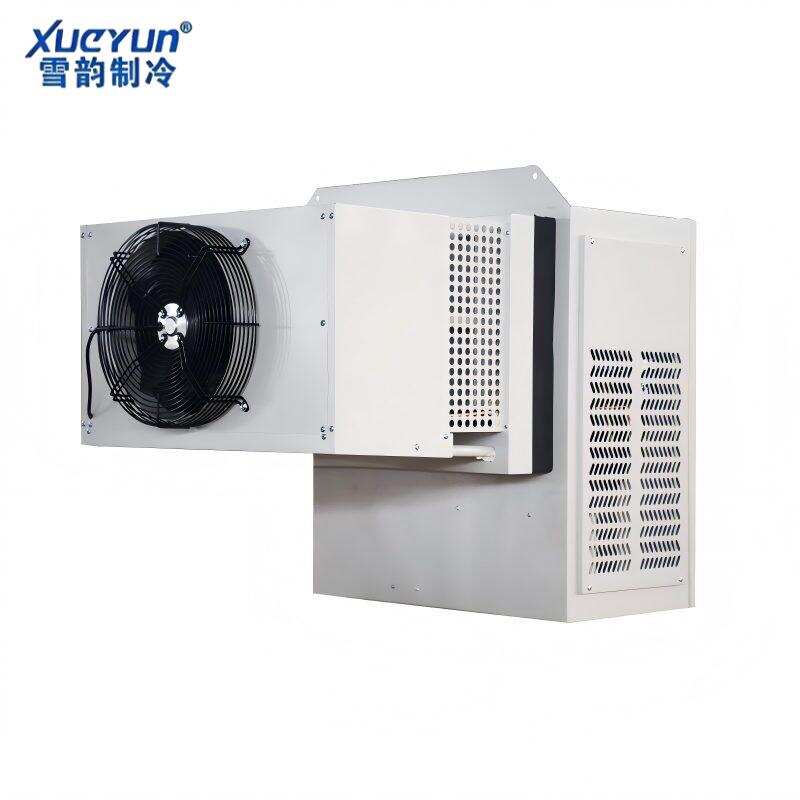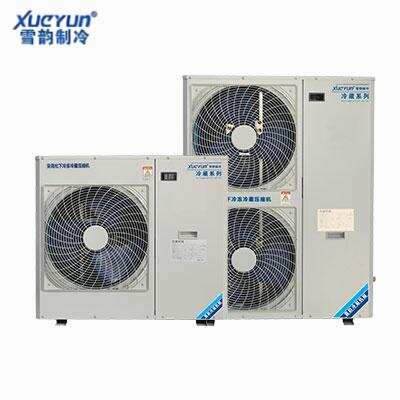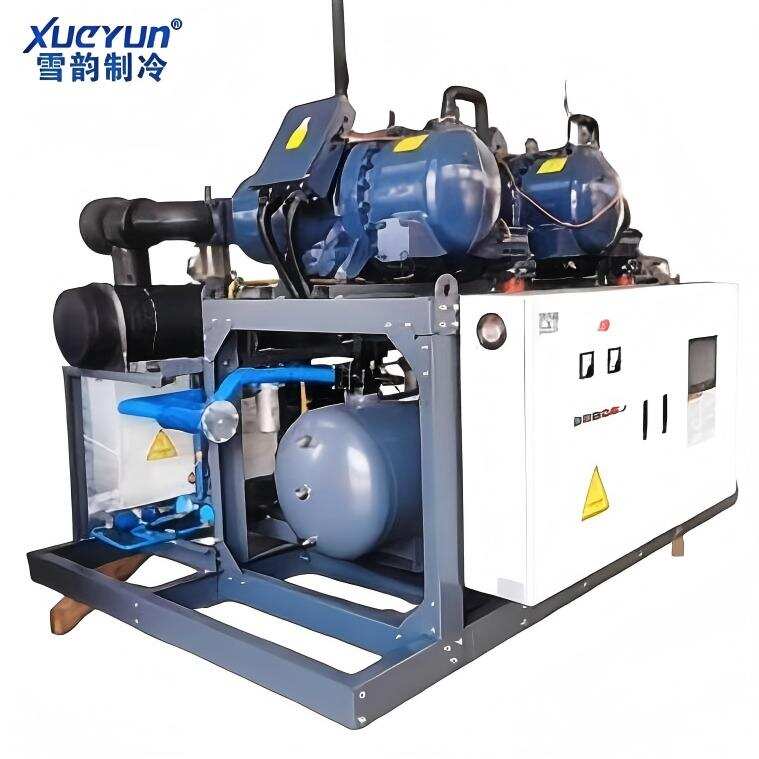
Top Products
 08.19, 2025
08.19, 2025
Complete Guide to Refrigerated Containers:
In today’s global supply chain, maintaining the right storage temperature is crucial for perishable goods such as food, medicine, and chemicals. Refrigerated containers—also known as reefer containers—play a vital role in ensuring products remain fresh and safe during transport and storage. This guide will walk you through everything you need to know about refrigerated containers, their benefits, applications, and how they compare with cold room solutions.
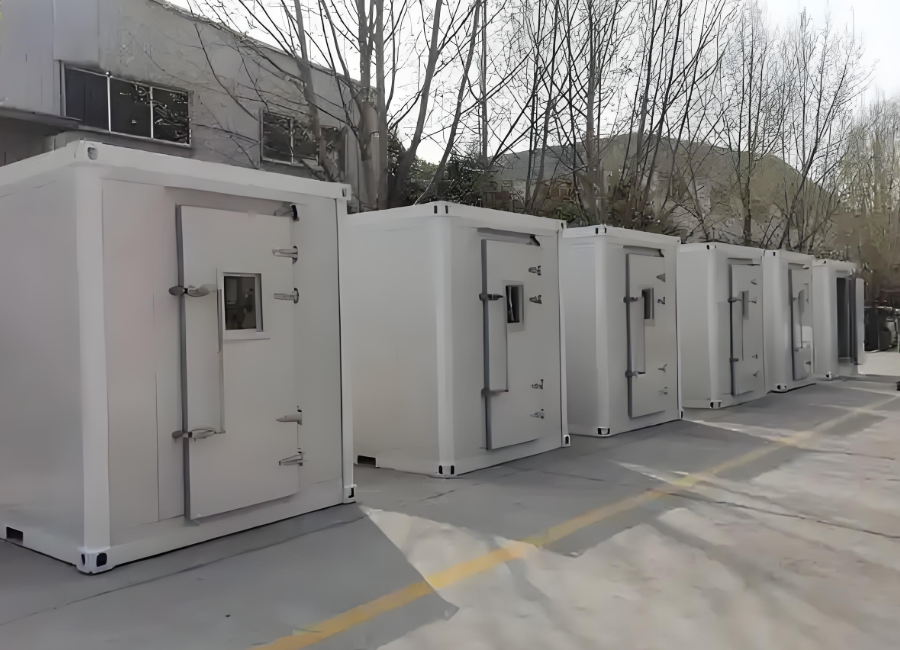
What Are Refrigerated Containers?
A refrigerated container, often called a reefer container, is a shipping container equipped with refrigeration units that keep the interior temperature controlled. Unlike standard containers, refrigerated containers can maintain a consistent temperature ranging from -40°C to +30°C, depending on the cargo.
They are widely used in international logistics, cold chain supply, and temporary cold storage for industries that require temperature-sensitive transportation.
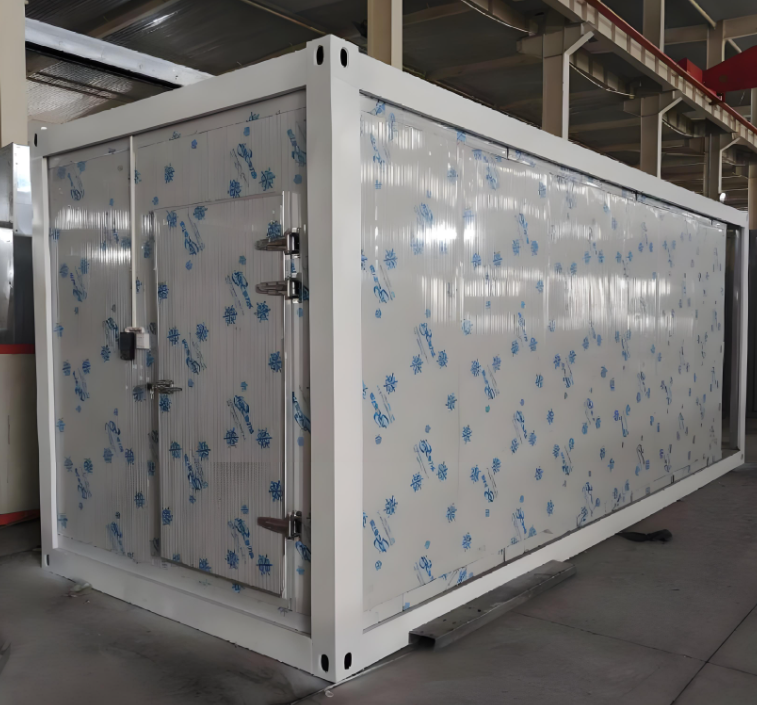
How Do Refrigerated Containers Work?
Reefer containers are powered by an external energy source (electricity or generator). They are equipped with:
Condensing Units – remove heat and maintain the desired cooling range.
Evaporators – distribute cold air evenly across the container.
Insulated Panels – keep the temperature stable and reduce energy loss.
Temperature Control Systems – allow precise monitoring and adjustment.
These components work together to create a mobile cold room environment that can be transported anywhere.
Key Benefits of Refrigerated Containers
Mobility – Easily transport perishable goods across countries and continents.
Versatility – Suitable for storage of frozen, chilled, or temperature-sensitive items.
Flexibility – Can serve as a temporary cold storage solution during peak demand.
Efficiency – Equipped with advanced refrigeration technology for consistent cooling.
Global Cold Chain Compliance – Meet international standards for food and pharmaceutical logistics.
Applications of Refrigerated Containers
Refrigerated containers are essential in industries such as:
Food & Beverage: meat, seafood, fruits, vegetables, and dairy.
Pharmaceuticals: vaccines, medicines, and lab samples.
Chemical Industry: temperature-sensitive raw materials.
Event Catering: temporary cold storage for outdoor events and festivals.
Retail & Supermarkets: backup storage during seasonal demand peaks.
Refrigerated Containers vs. Cold Rooms
While both refrigerated containers and cold rooms serve similar purposes, they differ in use cases:
Cold Rooms: Permanent storage facilities, ideal for warehouses, supermarkets, and food processing plants.
Refrigerated Containers: Portable, temporary, and highly flexible for transportation or short-term storage.
Businesses often use both solutions depending on their operational needs.
Choosing the Right Refrigerated Container
When selecting a refrigerated container, consider:
Size & Capacity: Standard options include 20ft and 40ft containers.
Temperature Range: Ensure it meets your product’s cooling requirements.
Power Source: Check if it runs on electricity, diesel generator, or both.
Energy Efficiency: Modern units come with eco-friendly refrigerants and smart controls.
Service & Maintenance: Regular servicing ensures optimal performance.
Future Trends in Refrigerated Containers
The refrigerated container industry is evolving with green technology and smart monitoring systems. Some key trends include:
Use of eco-friendly refrigerants to reduce carbon emissions.
Integration of IoT tracking systems for real-time monitoring.
Increased demand due to global e-commerce and food exports.
Hybrid solutions combining containers and modular cold rooms for flexible storage.
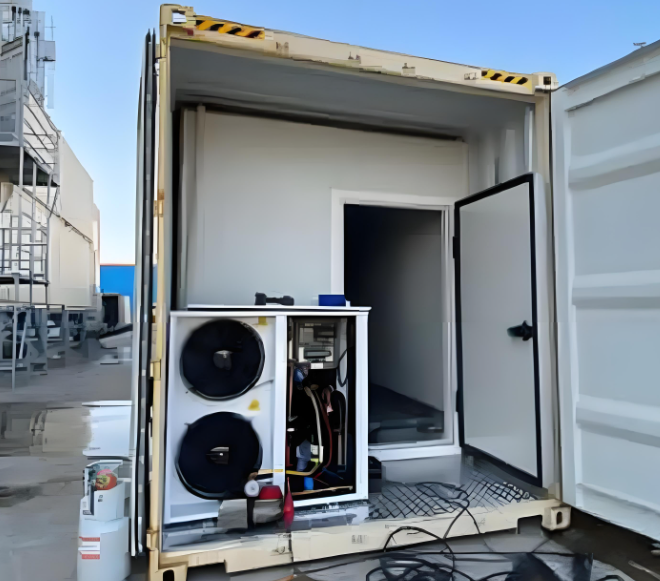
Frequently Asked Questions (FAQ)
1. How long can a refrigerated container run?
With a proper power source, refrigerated containers can run continuously, maintaining stable temperatures for weeks.
2. Can refrigerated containers be used as permanent storage?
Yes, they can, but cold rooms are often more cost-effective for long-term storage.
3. What sizes are available?
The most common are 20ft and 40ft refrigerated containers, but custom solutions are also possible.
4. What industries benefit most from reefer containers?
Food & beverage, pharmaceuticals, chemicals, and logistics companies benefit the most.

